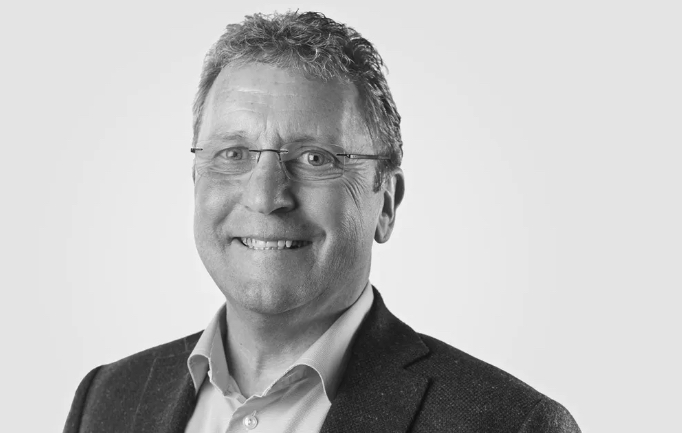Q2 loss for Grieg as fish health issues hit

Grieg Seafood reported a disappointing second quarter today, with an operational loss and lower salmon harvests.
The harvest volume was down by over 7,000 tonnes to 15,272 tonnes during the April to June period.
On the financial front the group produced an operational loss of NOK 35m (£2.5m) against an operational profit of NOK 547m (£40m) in Q2 last year.
The company said results were significantly impacted by biological events, also adversely affecting Q3 with an expected negative operational EBIT in British Columbia (BC) in the range of NOK 230 and 250m (£16 to £18m.).
However, the underlying production in Norway has been good towards the end of the quarter and into Q3.
The construction of post-smolt facilities in Rogaland, Finnmark and Newfoundland, and VAP facility at Gardermoen, are ongoing with the biomass investments on plan.
However, uncertainty remains awaiting government decision on transition plan for Atlantic salmon aquaculture in BC. Grieg also said that operations in the province were severely impacted by events of low dissolved oxygen during the quarter, causing increased mortality rates, loss of feeding days and reduced growth.
In Rogaland, harvest volume for the quarter was 2,771 tonnes. This is significantly below the 11,536 tonnes harvested in the second quarter 2023, but according to plan as building of biomass has been a priority for the Rogaland operation during the quarter.
The underlying operational performance has been good with the post-smolt strategy contributing to good biology and fish welfare. Operating EBIT/kg ended at NOK 19.9 (36.7).
In Finnmark, harvest volume for the quarter ended at 3,886 tonnes (5,573). Results were impacted by low average harvest weight which carried high costs from prior period’s challenges caused by the spiro parasite and string jellyfish.

Andreas Kvame, CEO Grieg Seafood
Commenting on the quarter, Grieg CEO Andreas Kvame said: “The second quarter of 2024 was a challenging period for Grieg Seafood and our performance and results reflect continued biological challenges.
“In Canada, our operations in British Columbia were impacted by events of extraordinary low dissolved oxygen levels, resulting in significant reduced survival rates. In addition, uncertainty remains in BC, awaiting the government decision on transition plan for Atlantic salmon aquaculture.
In the meantime, Grieg Seafood has suspended all strategic investments in the region.”
He continued: “In Finnmark, harvest volumes remained impacted by the spiro parasite, combined with biological challenges caused by string jellyfish. However, by the end of July, harvesting of fish previously exposed to spiro was completed.
“Furthermore, combined with measures taken to improve fish-health overall, biological performance in the region is improving and costs are expected to decrease. Hence, I believe we are heading towards better times in the Finnmark region.
“Earnings and farming cost in Rogaland were impacted by planned low harvest volumes. However, the underlying performance was good. Rogaland was the first region to implement our post-smolt strategy.
“Since implementation, we have proved that the strategy contributes to good biology and high average weight, underscoring our strong conviction that this is a key element to securing good fish health and welfare.”
He added: “Looking forward, investments in operational assets and biomass are developing according to plan, I am also pleased to say the construction of our new post-smolt facilities in Rogaland, Finnmark and Newfoundland, in addition to the VAP facility at Gardermoen, are progressing well.”

